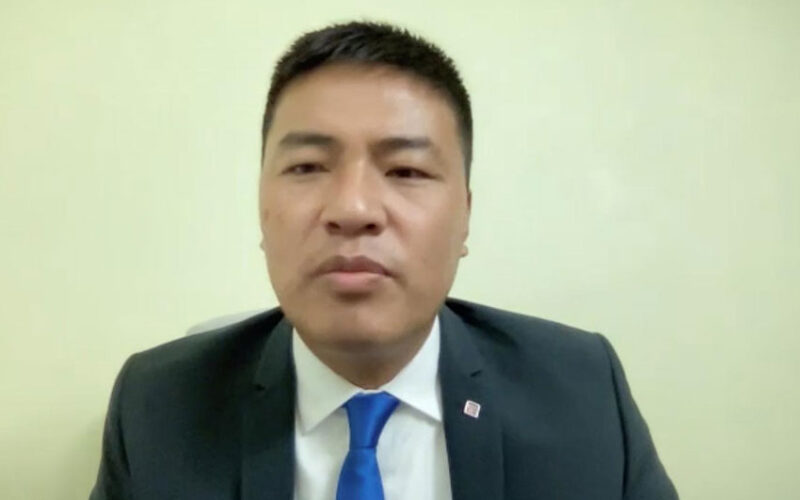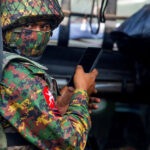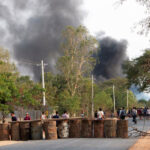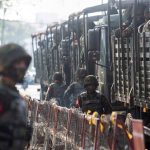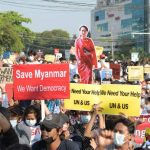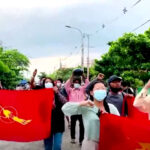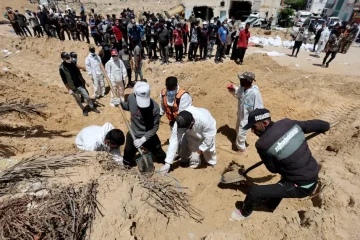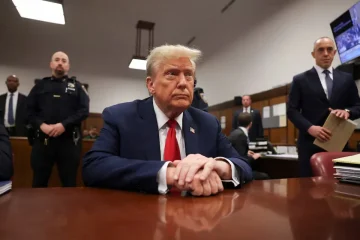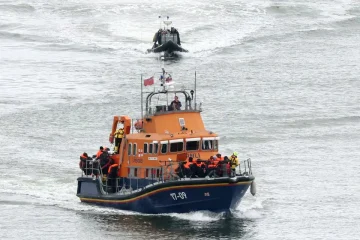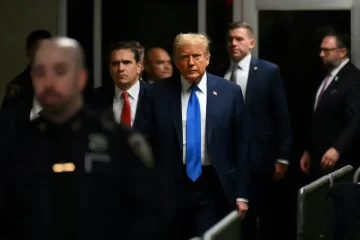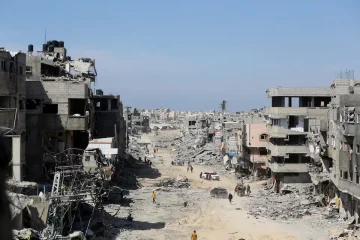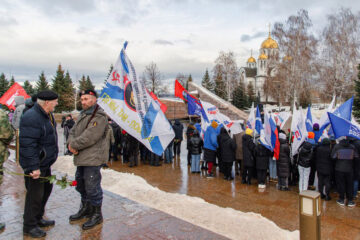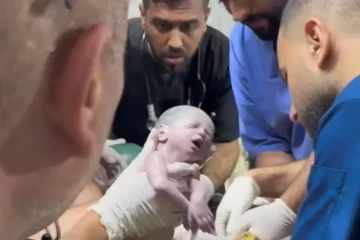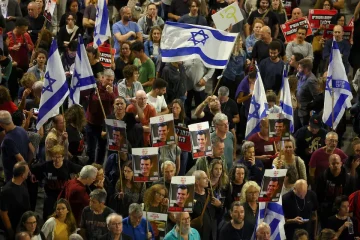POPPY McPHERSON
ON the night Myanmar’s army seized power, Dr Sasa was in the capital, Naypyitaw, expecting to take a job in Aung San Suu Kyi’s cabinet after running a successful election campaign for her party in his native Chin state.
But as troops fanned out across the city in the early hours of February 1, detaining Suu Kyi along with most of her government and declaring a return to junta rule, the doctor turned politician fled disguised as a taxi driver, not wanting, in his words, “to be captured like a rat in a box”.
Since then, Sasa, who goes by one name, has become a face of Myanmar’s ‘Spring Revolution’ and a key figure in the resistance to army rule, as the international envoy for the civilian government.
Within days of his appointment he had millions of followers on Facebook and Twitter. Hours after he called on people to send evidence of abuses by security forces, Sasa says he got so many emails that they filled up his inbox and almost filled a second.
“Myanmar people are very desperate under this siege,” Sasa said.
For that, the army on Monday charged him with treason, a charge which carries the death penalty.
Reuters is unable to verify the numbers but independent estimates say security forces have arrested more than 2,000 people and killed more than 200.
The doctor, who is from a mostly Christian ethnic group in Western Myanmar that endured decades of persecution and poverty under previous ruling juntas, said he has no regrets about risking his life in pursuit of democracy.
“They have declared war on the people of Myanmar,” he told Reuters in an interview from an undisclosed location. “It’s very simple.”
A spokesman for Myanmar’s junta did not answer phone calls seeking comment.
REMOTE VILLAGE
A member of the Mara community, Sasa was born in the village of Lailenpi, among the mountainous jungles of southern Chin state, bordering India.
He does not know what year he was born – there was little formal record-keeping and many people were illiterate – but reckons he is about 40. He became the first child from his village to go to secondary school, walking for two weeks through thick jungle to reach the then capital, Yangon.
He wanted to become a doctor, he said, after seeing his neighbours die from preventable diseases and in childbirth.
“I have seen the atrocities, the suffering of the people of Myanmar my whole life,” he said. “I have seen pregnant women dying in childbirth. I have seen poverty, diarrhea, and malaria killing so many people.”
As in much of Myanmar’s borderlands, life in Sasa’s village was lived in the shadow of the military. As a child, he said, he was forced to porter for them, a common practice in ethnic areas. Women in his family were raped by soldiers, he said.
After studying in Yangon, he left for India where he worked on construction sites and, later, studied medicine in Armenia. He returned to Chin in 2007 to mount a response to a devastating famine caused by rats devouring crops.
He built the region’s first primary healthcare center, training thousands of community health workers. Britain’s Prince Charles is a patron of the organization.
Benedict Rogers, a British human rights activist and a longtime friend, said Sasa possesses a “real vision of equal rights and freedom for everyone of every ethnicity and religion”.
His grassroots networks and international connections make him a fitting advocate for the Committee Representing Pyidaungsu Hluttaw (CRPH), a group of civilian lawmakers who convened a virtual parliament in the chaotic days after the coup, Rogers said.
DIVIDE AND RULE
Activists in Myanmar say Sasa must work to strengthen alliances with ethnic minority groups. Many had felt sidelined by the government of Suu Kyi, who is from the Bamar Buddhist majority. The junta has offered key positions in its council to minority politicians.
Since his appointment, Sasa has held a flurry of Zoom meetings with representatives of the country’s myriad ethnic armed groups, posting screenshots of some of them grinning and making the three-finger salute that has become a symbol of the protest movement.
The CRPH has vowed to establish a federal democracy, a long-held demand of ethnic minorities.
Padoh Taw Nee, the head of foreign affairs at the Karen National Union, one of the armed groups, said he was cautiously optimistic about the CPRH.
Sasa, who said the military had long pursued a divide and rule policy, denounced the expulsion of more than 730,000 Rohingya Muslims in 2017. Many in Myanmar have viewed the Rohingya as illegal immigrants from Bangladesh.
He told Reuters there was “no place for racism” in the country. “We need to educate our people,” he said.
“They have just taken our future away from us,” he said, of the military. “It’s an evil. It’s a crime against humanity and until we achieve our purpose and our goal there’s no turning back.”

